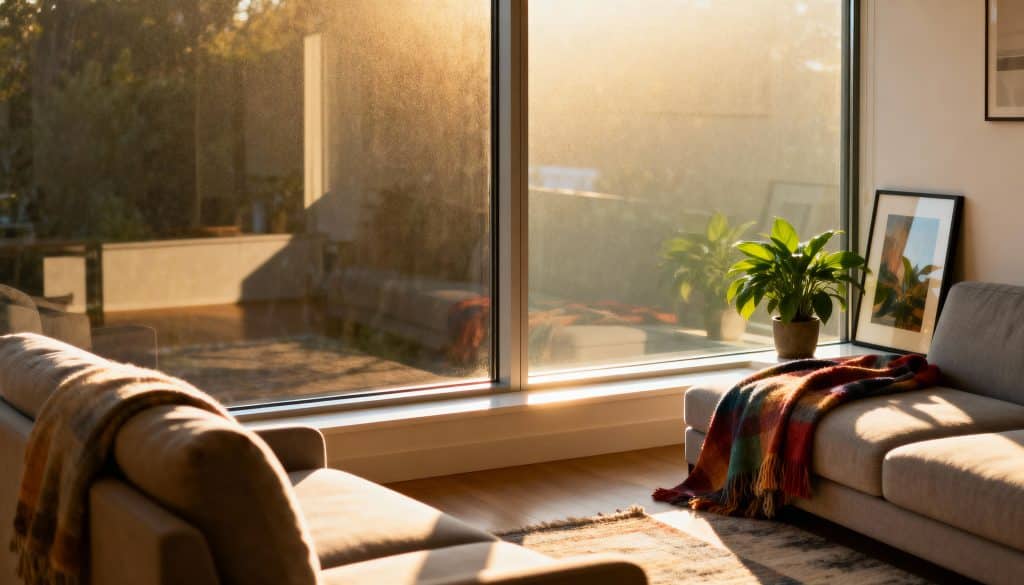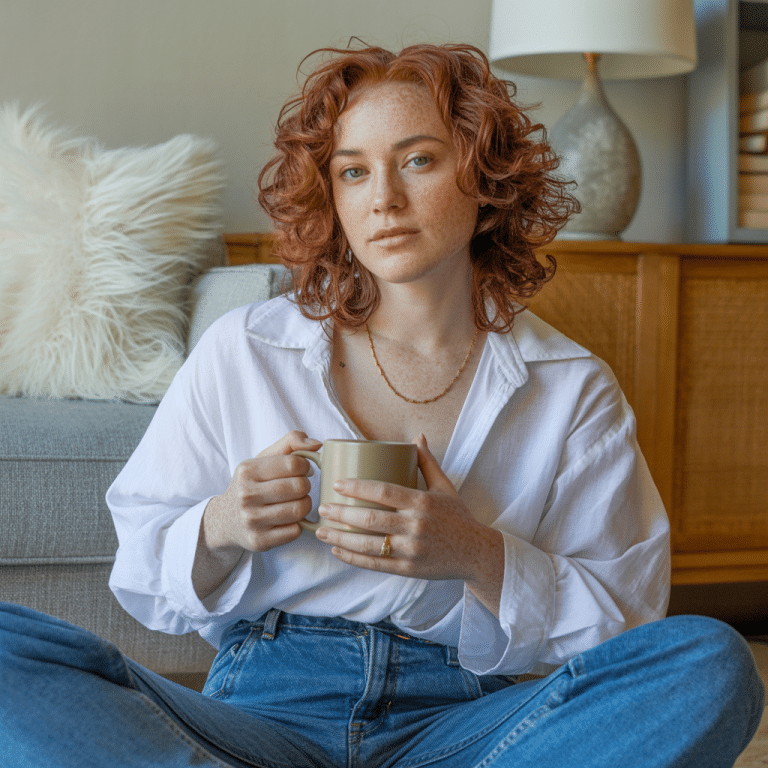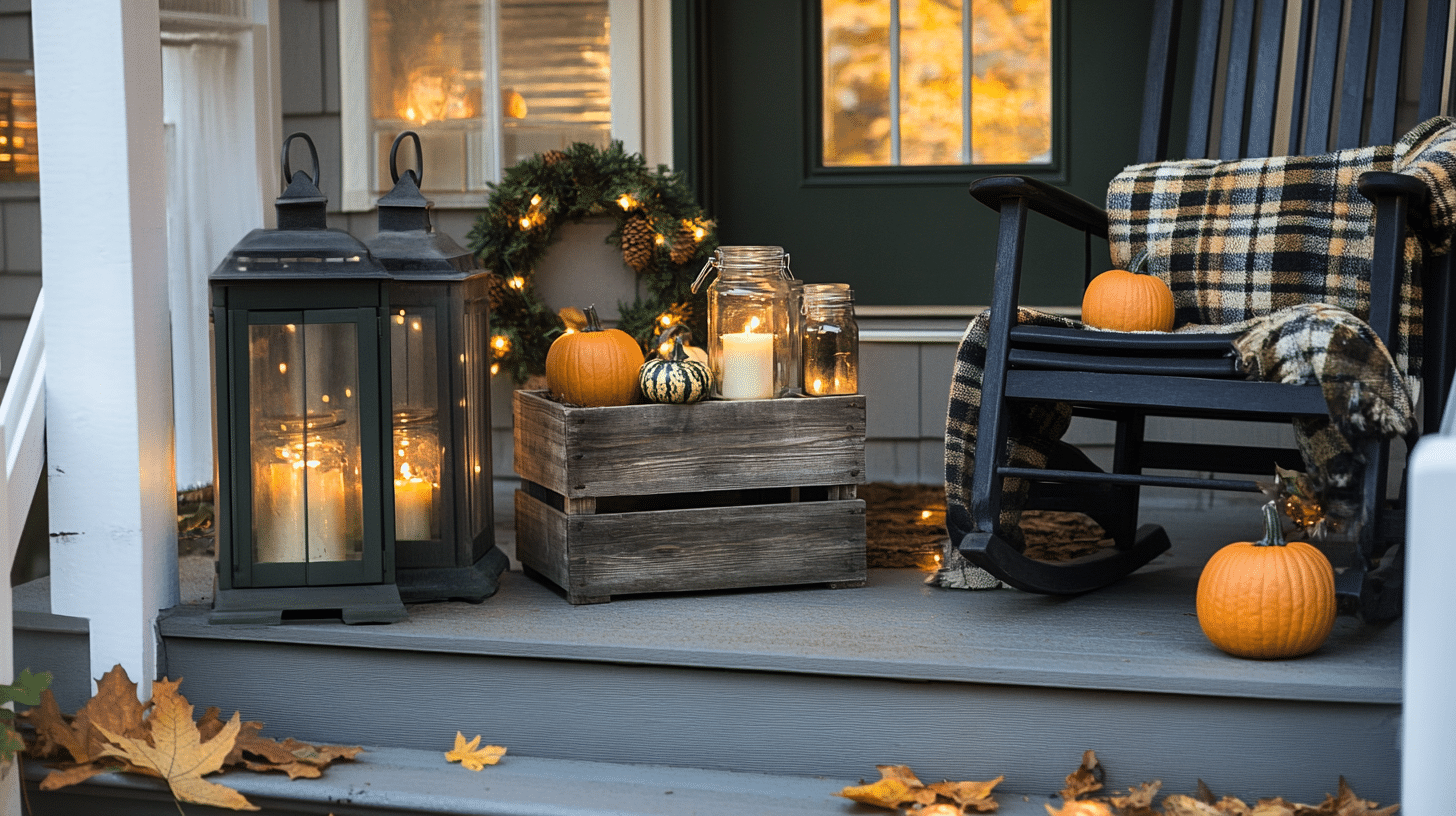Many people think that sitting indoors or rolling up car windows completely shields them from the sun’s harmful rays.
But here’s the surprise: not all windows are created equal when it comes to UV protection.
Sneaky rays can still slip through, quietly damaging your skin, fading your favorite furniture, and aging your car’s interior.
This guide uncovers the truth about do windows block UV, how different windows handle UV rays, and shares smart tips and upgrades to keep you and your space safe from invisible sun damage
What are UV Rays?
UV rays are invisible energy from the sun that can harm both people and surfaces over time.
They travel through space and reach Earth constantly, even on cloudy days. These rays are divided into three main categories:
- UVA rays: Long-wave rays that penetrate deeply into the skin, causing wrinkles and premature aging. They make up about 95% of UV radiation reaching Earth.
- UVB rays: Medium-wave rays are responsible for sunburns and are strongly linked to skin cancer development. They’re more intense during the summer months.
- UVC rays: The shortest wave type, absorbed by Earth’s atmosphere and never reaches the ground naturally.
Of these, UVA and UVB are the primary concerns for homeowners and drivers, making effective UV protection essential for safeguarding skin, furniture, and personal belongings.
Does Glass Block UV Rays?
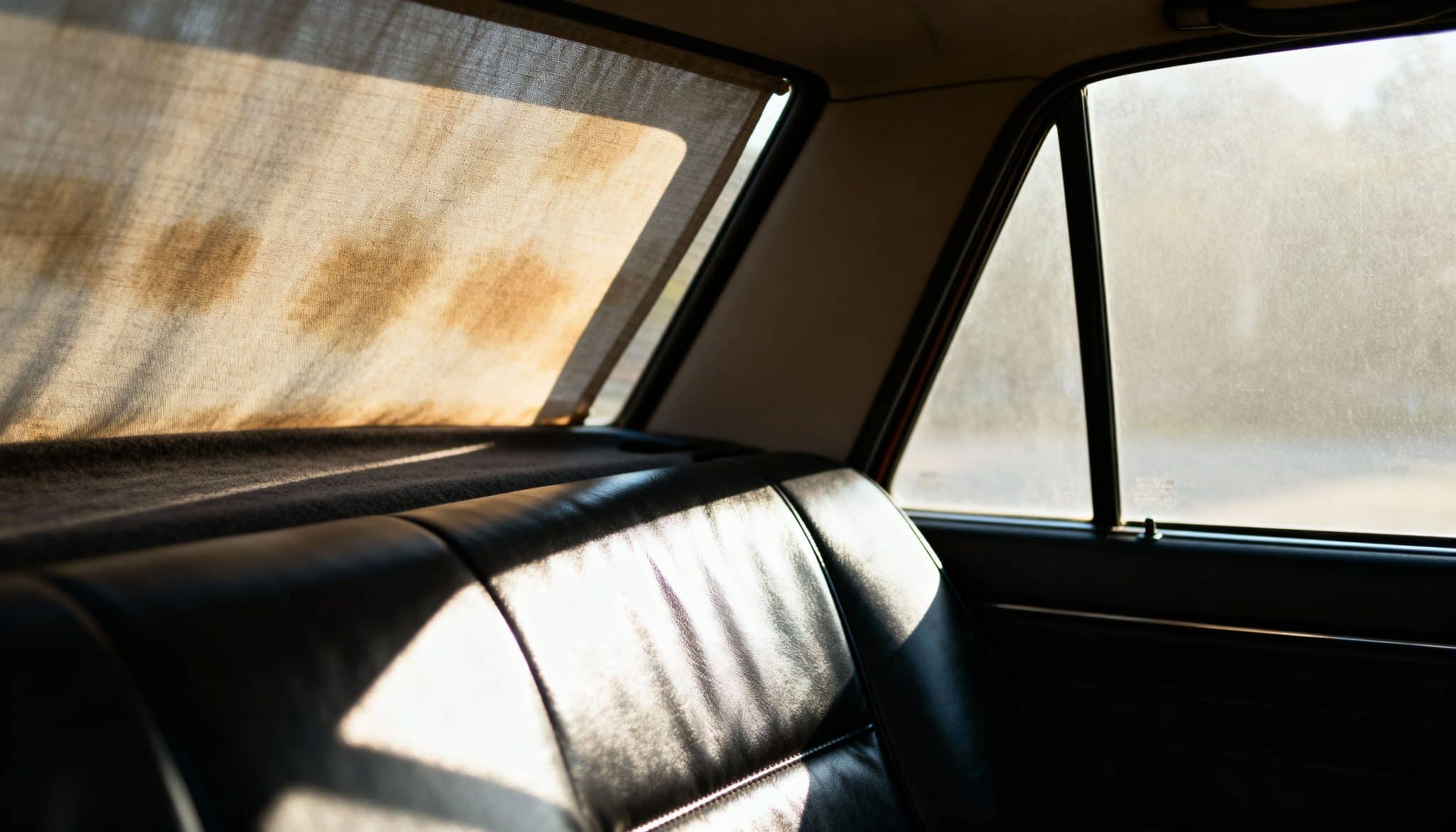
Glass can block some ultraviolet rays, but the level of protection depends heavily on the type of glass and added treatments.
1. Standard Window Glass
Regular household glass offers limited UV protection, filtering some harmful rays while still letting others pass indoors.
- Primarily blocks UVB rays linked to sunburn.
- Allows significant amounts of UVA rays to penetrate.
- Only reduces risks, not a complete barrier.
2. Car Windows
Automotive glass protection differs between laminated windshields and tempered side or rear windows.
- Windshields provide nearly complete UVA and UVB protection.
- Side and rear glass blocks fewer UVA rays.
- Creates uneven protection for drivers and passengers.
3. Home & Building Windows
Residential and commercial windows can vary in UV-blocking performance depending on upgrades.
- Standard panes act similarly to basic clear glass.
- Low-E or double-pane designs increase UV filtering.
- Tints, coatings, or films enhance overall protection.
How Effective are Windows at Blocking UV?
Different types of glass provide varying levels of protection, with some blocking nearly all harmful rays and others allowing significant UVA exposure indoors.
| Glass Type | UVA Protection | UVB Protection | Overall Effectiveness |
|---|---|---|---|
| Standard clear glass | 25–40% | 90–95% | Partial |
| Laminated (windshields) | 95–99% | 95–99% | Excellent |
| Tempered (side windows) | ~40–60% | 90–95% | Moderate |
| Low-E coated/double-pane | Up to 99% | Up to 99% | Superior |
| Window films/tints | Up to 99% | Up to 99% | Superior |
Common Misconceptions About Glass and UV Rays
Many people assume glass offers complete sun protection, but the truth is more complex. Here are common myths and their realities explained.
Myth: All windows fully block UV.
Reality: Most glass stops UVB rays but allows UVA to pass, which causes skin aging and fading.
Myth: UV only comes from direct sunlight.
Reality: UV rays also reflect off water, concrete, and other surfaces, reaching you even in shaded areas.
Myth: Tinted glass always blocks UV.
Reality: Tints may reduce glare, but without coatings or films, they won’t stop harmful UV effectively.
How to Increase UV Protection Indoors & in Cars
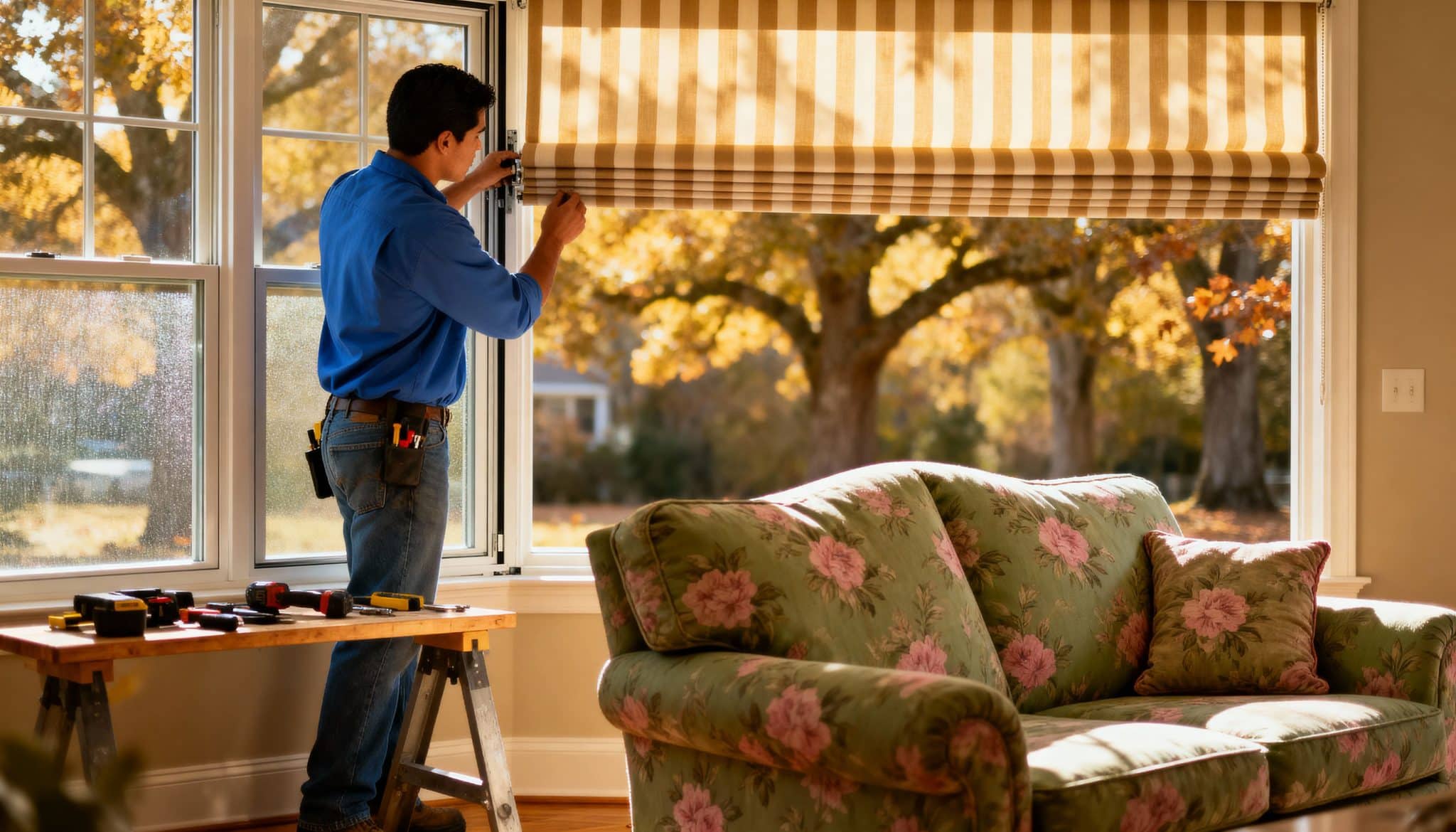
Even with glass offering partial protection, extra steps can help minimize harmful UV exposure and keep your skin and interiors safe.
- Add UV-blocking films or professional-grade window tints to existing glass.
- Upgrade to low-E coated or laminated windows for long-term defense.
- Use curtains, blinds, or UV-filtering shades during peak sunlight hours.
- Rearrange furniture to limit direct sun on fabrics and valuables.
- Apply sunscreen when sitting near sunny windows for extended periods.
Scientific & Expert Insights
Experts generally agree: windows provide some UV protection, but not complete safety. Here are real insights backed by trusted sources:
- Standard window glass blocks most UVB rays but allows a majority of UVA to pass indoors, per the Skin Cancer Foundation. The Skin Cancer Foundation
- Laminated glass interlayers are designed to screen out UV radiation below 380 nm, reducing fading and interior damage. glass.org
- Laminated safety glass with special PVC films can absorb over 99% of UV light in the 280–380 nm range, protecting belongings and interiors. glastroesch.com
- Low-E coatings, though aimed at energy efficiency, also offer notable UV protection, depending on the specific coating used. hpdconsult.com
These findings highlight that while basic glass provides some protection, for effective UV defense, you often need laminated or coated solutions.
Wrapping it Up
So, do windows block UV rays? The answer is partly.
Standard windows block most UVB rays, which cause sunburn, but let many UVA rays pass through. That means your skin, furniture, and car interiors are still at risk over time.
Modern solutions work much better. Laminated glass, low-E coatings, and window films can provide nearly complete protection from both types of harmful rays.
If you spend lots of time near windows or in your car, these upgrades are worth considering.
Frequently Asked Questions (FAQ’s)
1. Can Laminated Glass Be Added to Existing Windows for UV Protection?
Yes, laminated glass can be installed as retrofit panels or interior films to improve UV blocking without full window replacement.
2. What’s the Difference Between Tinted and Low-E Glass for UV Protection?
Tinted glass reduces glare and heat moderately, while low-E glass offers superior UV blockage plus energy efficiency with specialized coatings.
3. Does UV Protection Glass Affect Visible Light Transmission?
Some UV coatings Slightly Reduce Visible Light, but high-quality low-E or Laminated Glass Maintains Clear, Bright Views While Blocking Harmful Rays.
4. Can UV Protection Coatings Fade or Wear Off Over Time?
Most Modern Coatings Are Durable, but Exposure to Harsh Weather and Cleaning Chemicals May Reduce Effectiveness Over Several Years.
5. Are UV-protective windows More Expensive than Standard Glass?
They usually cost more upfront but offer long-term savings by reducing interior fading, energy bills, and health risks from UV exposure.


